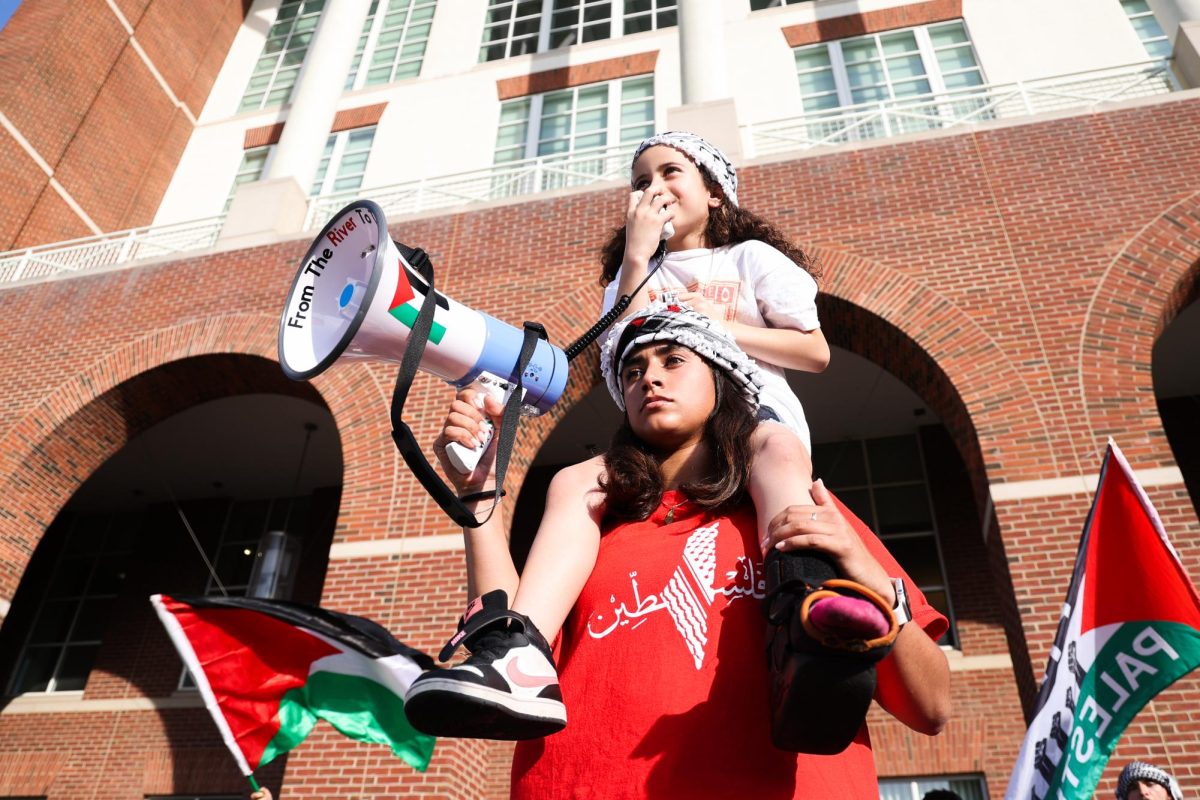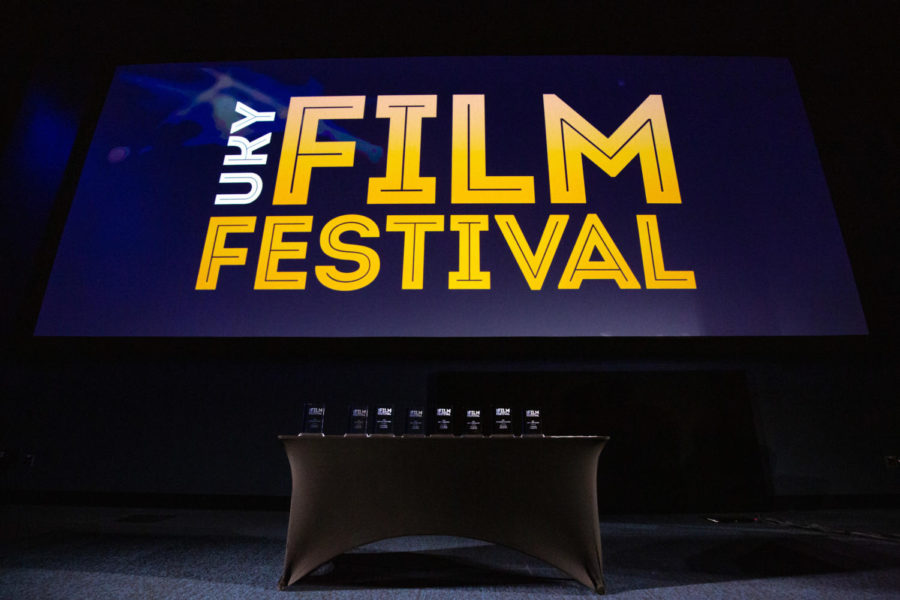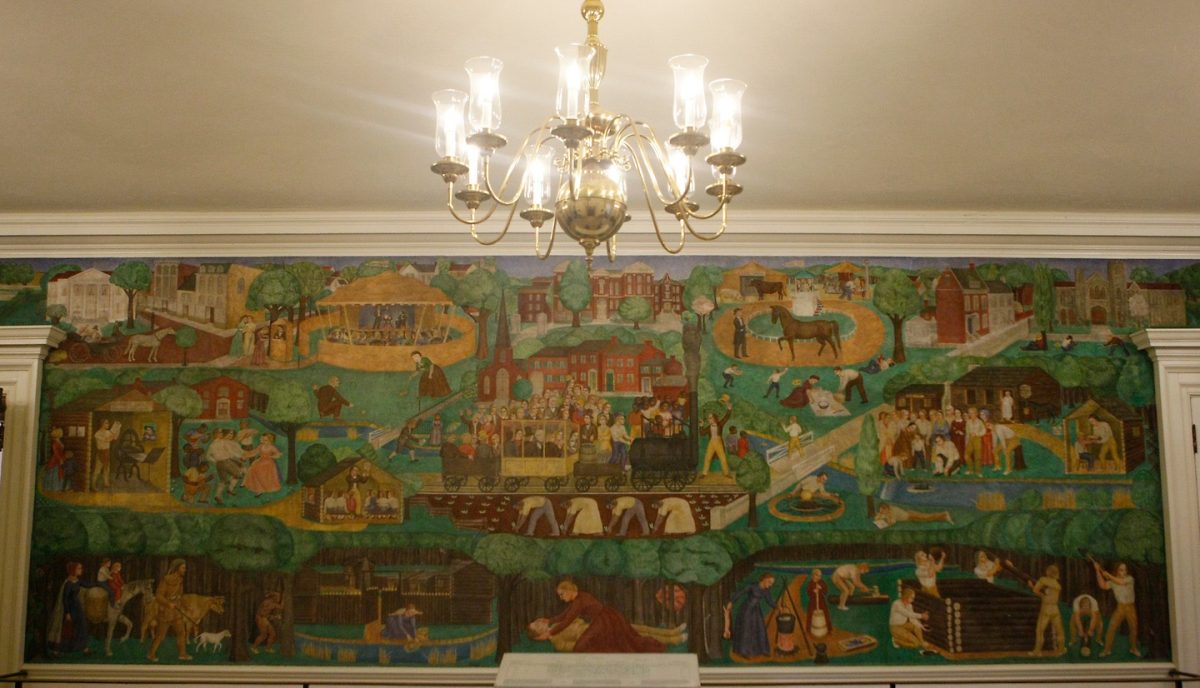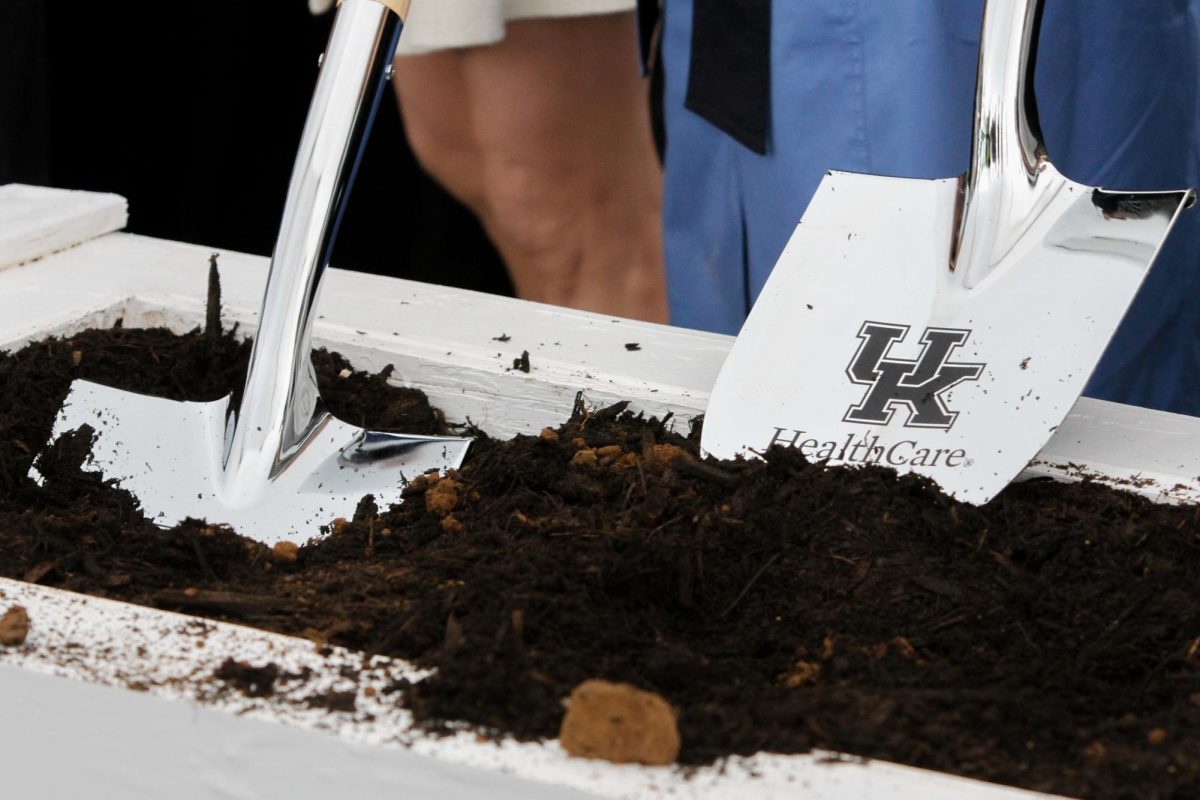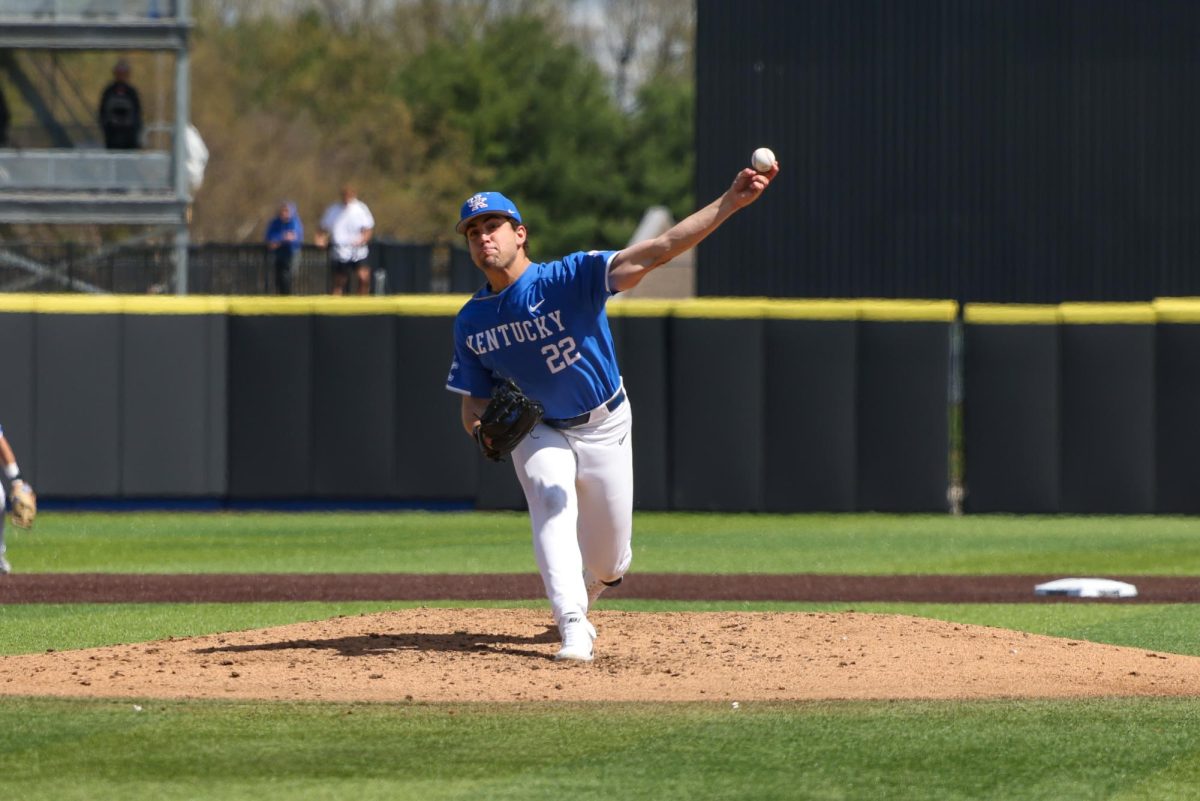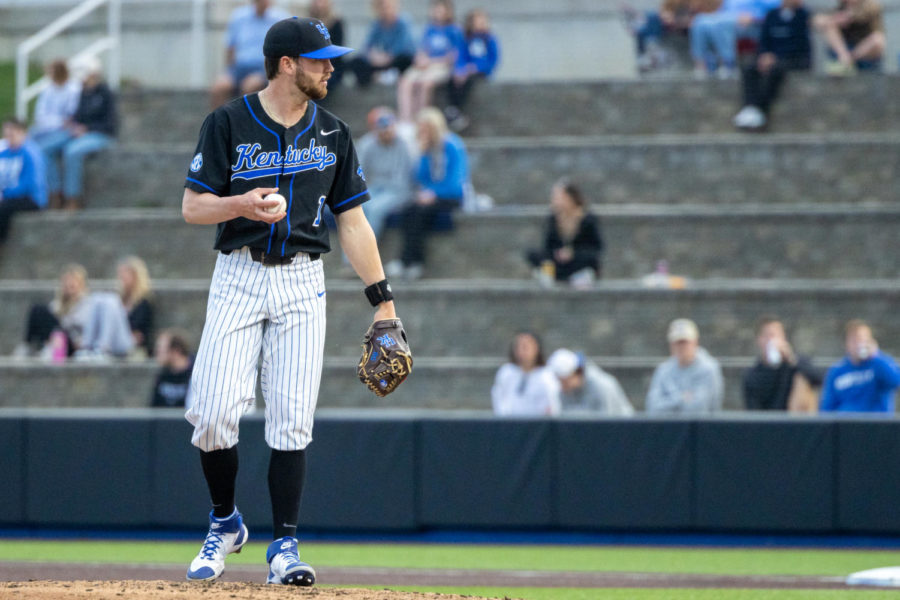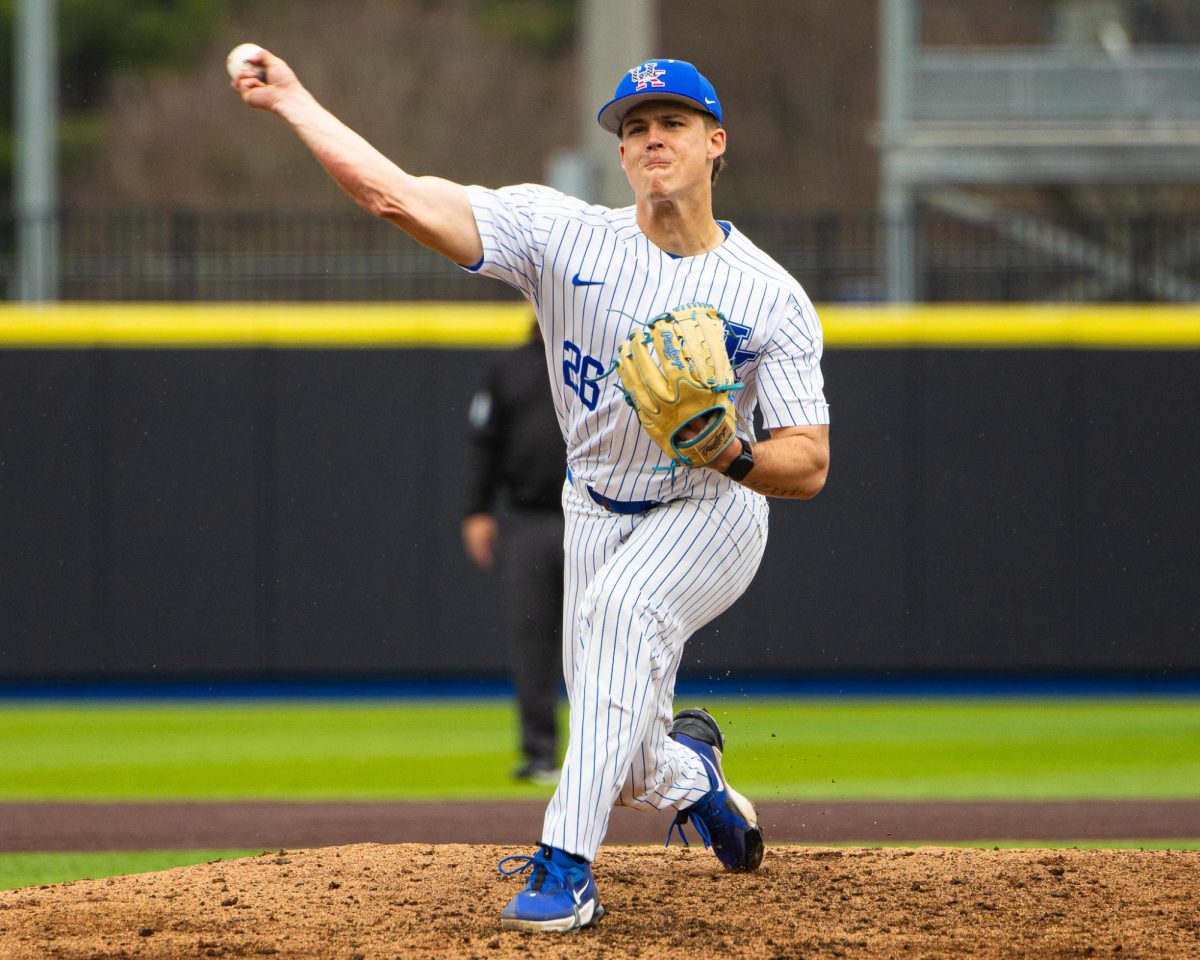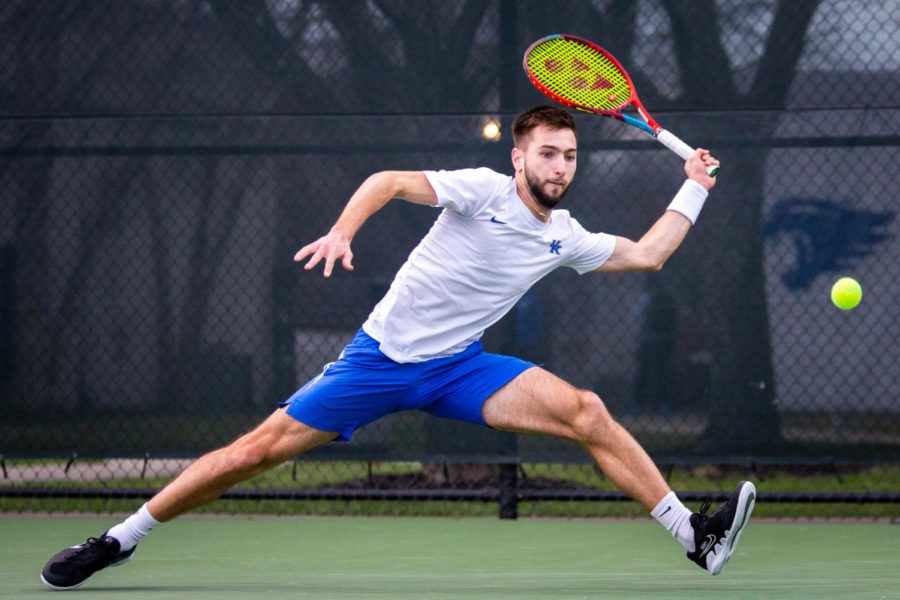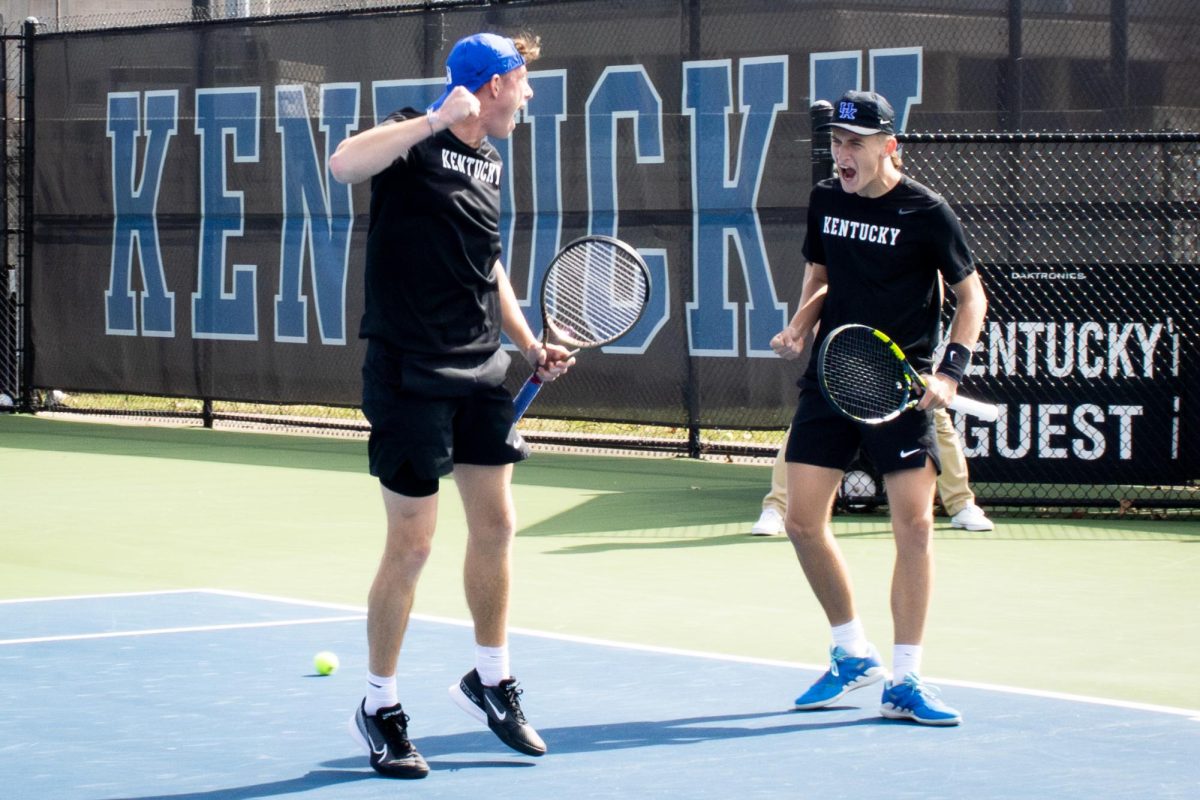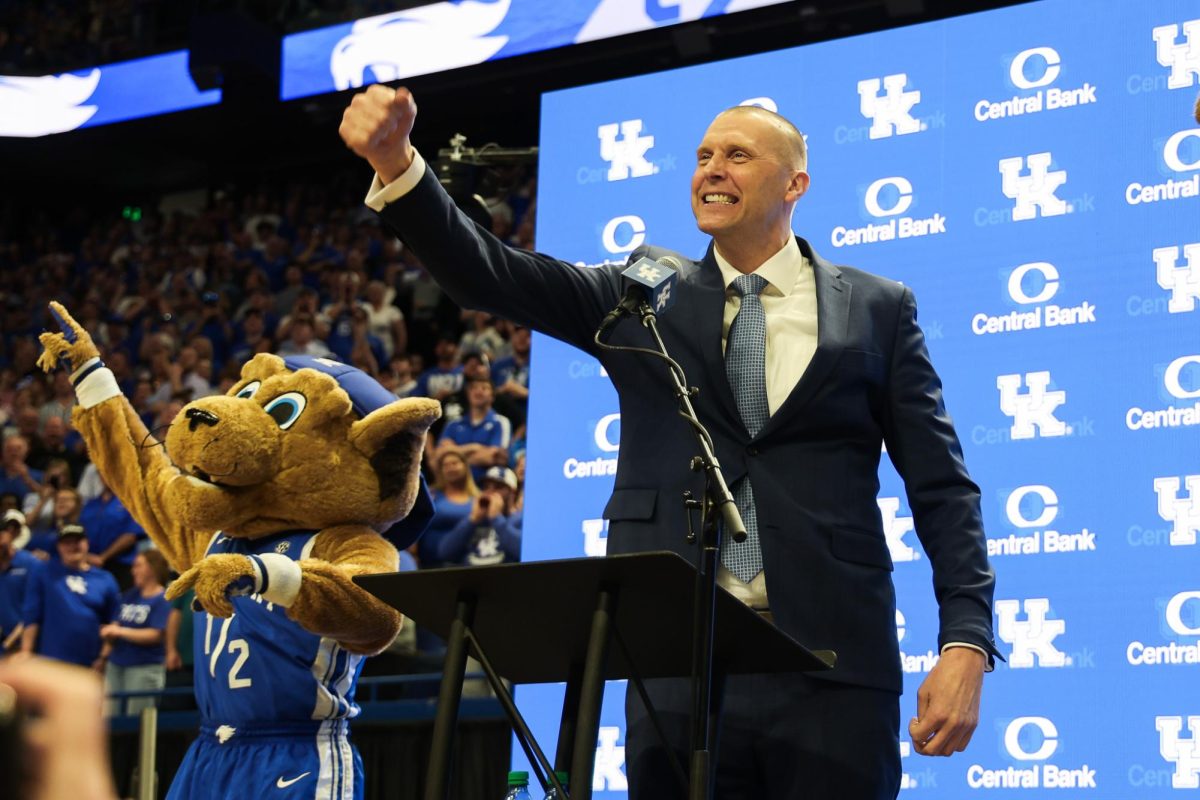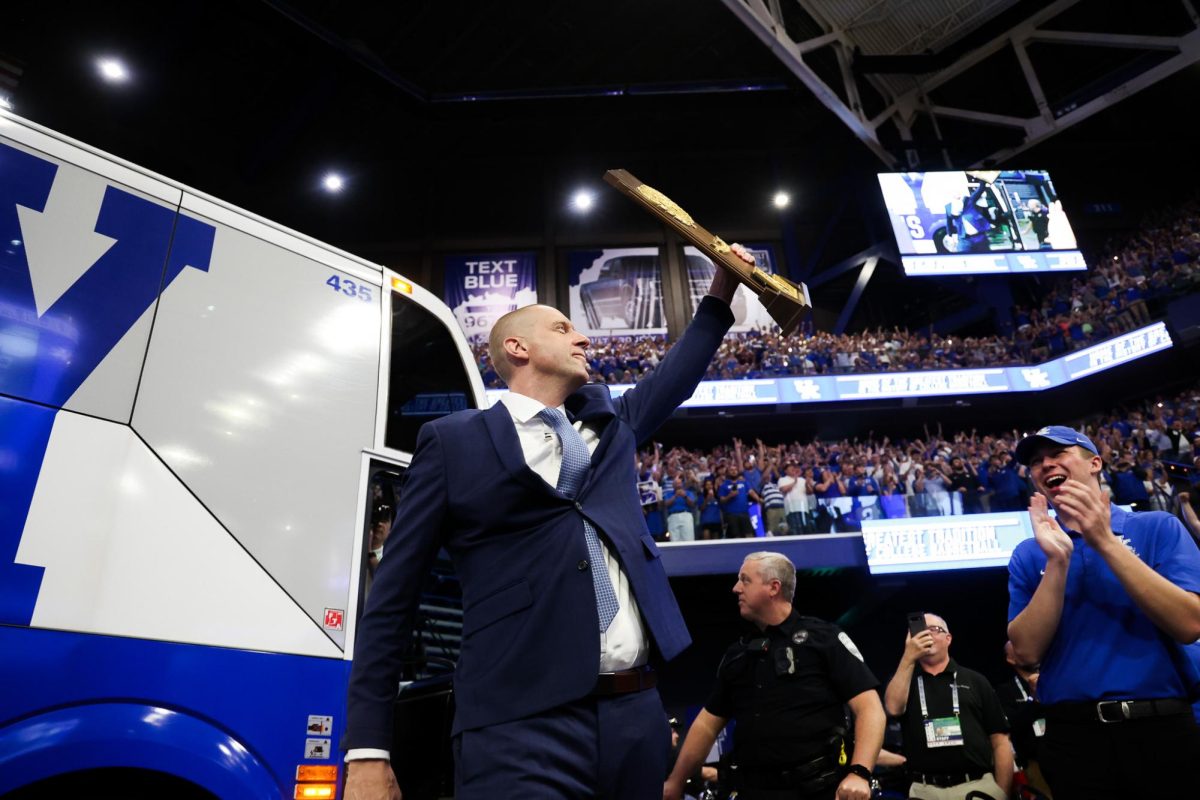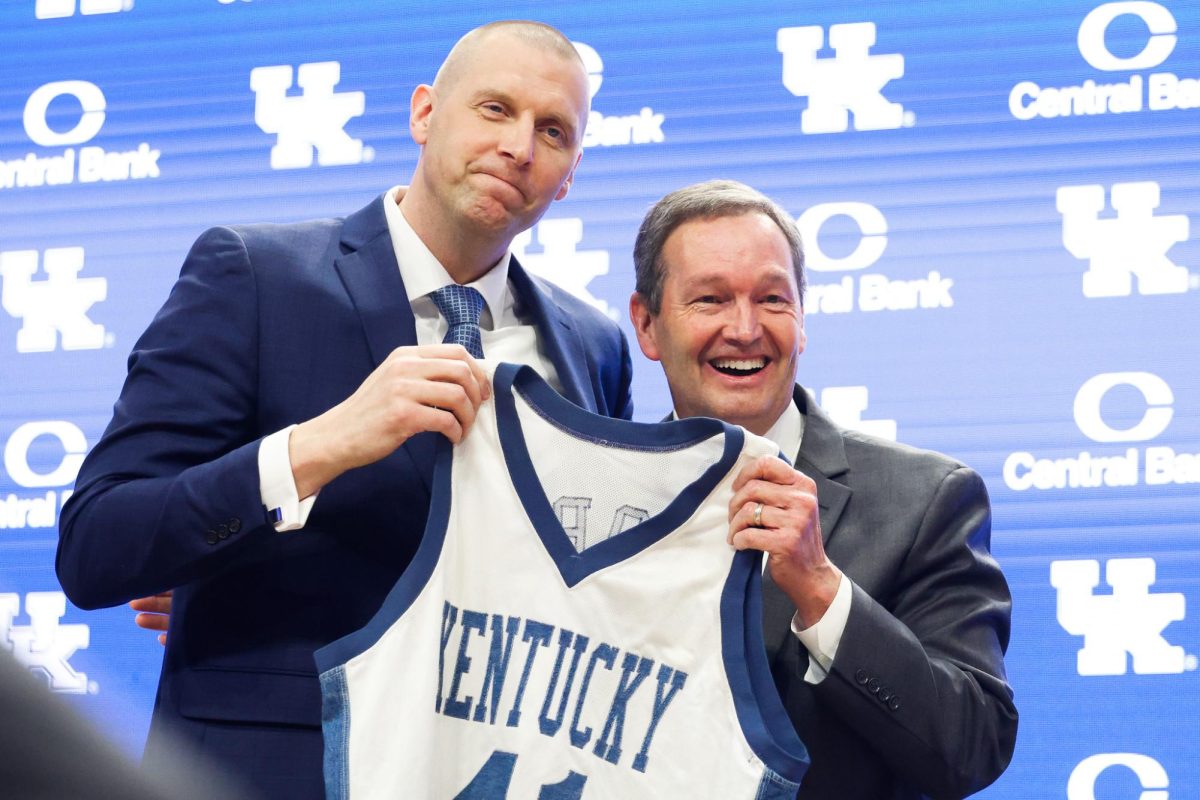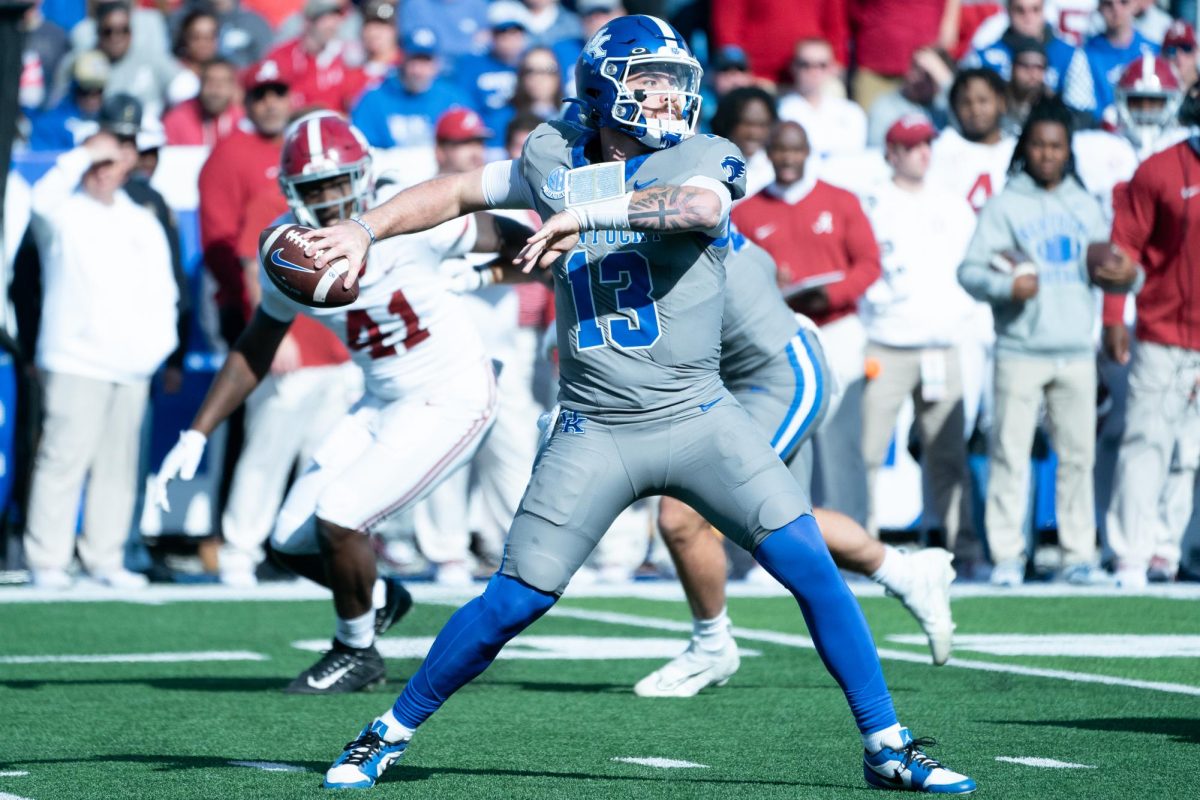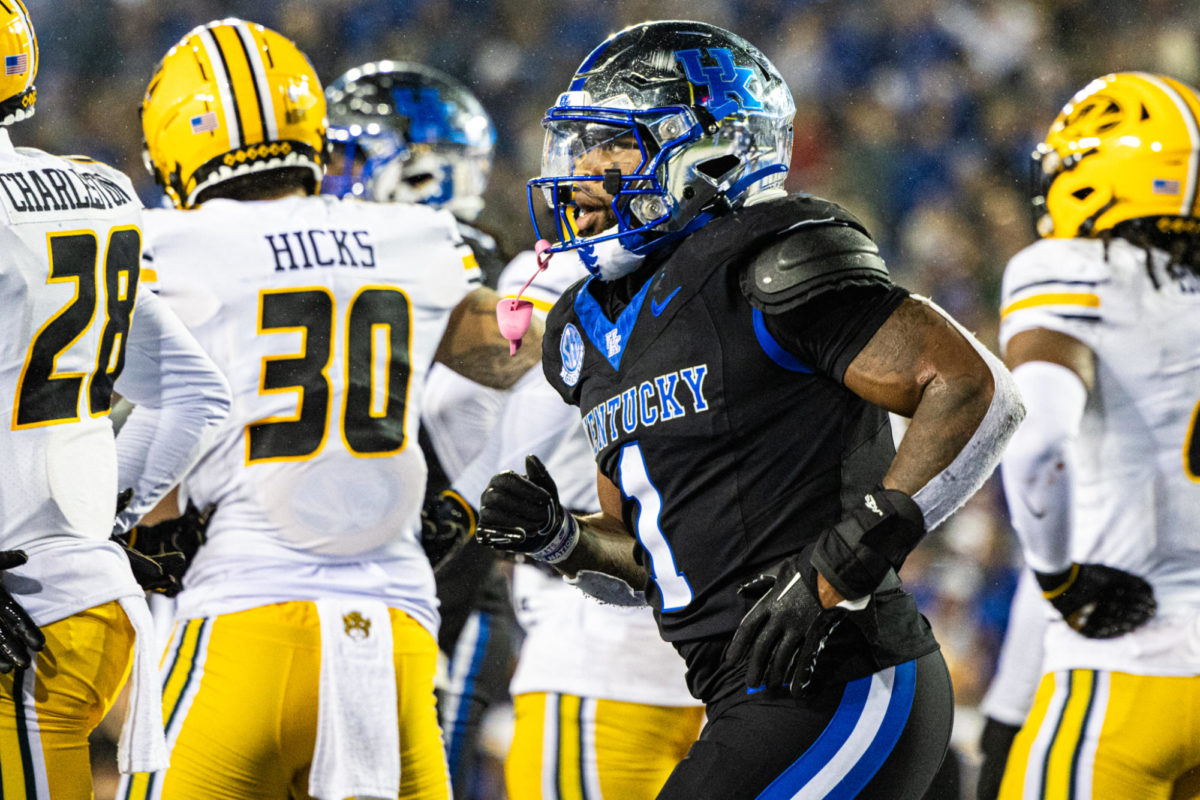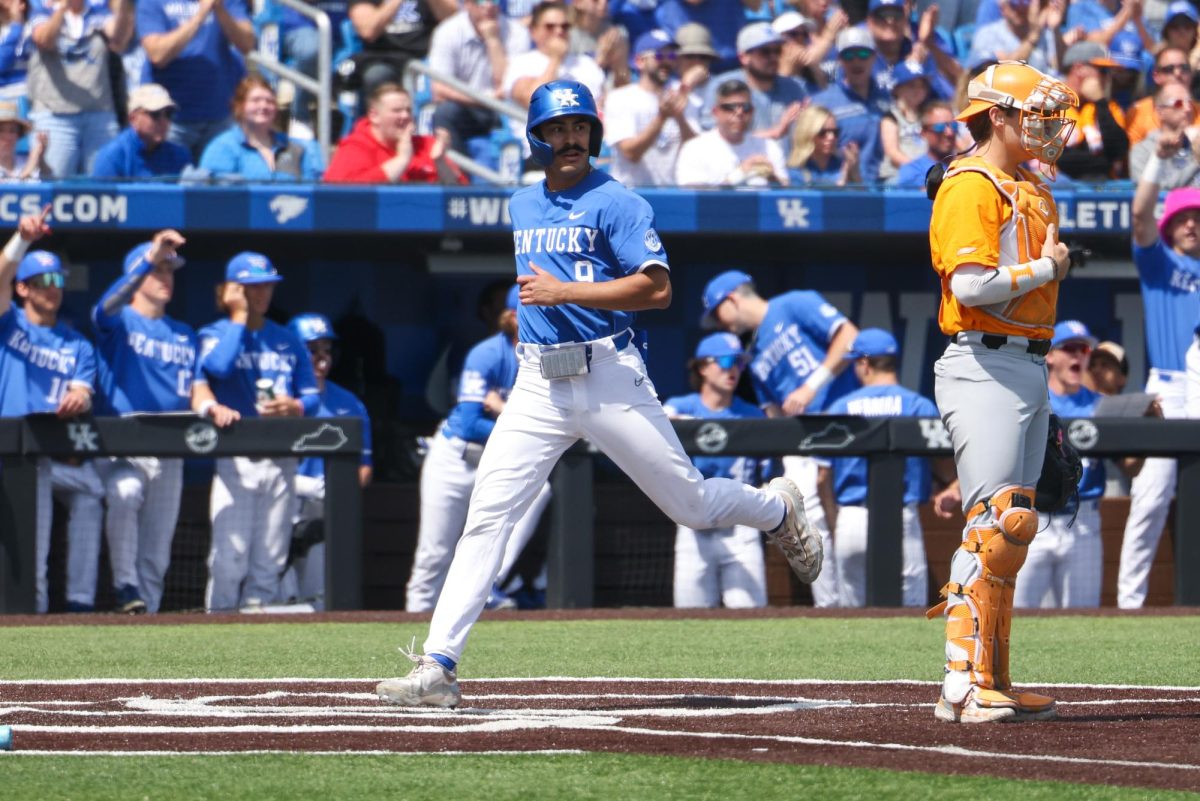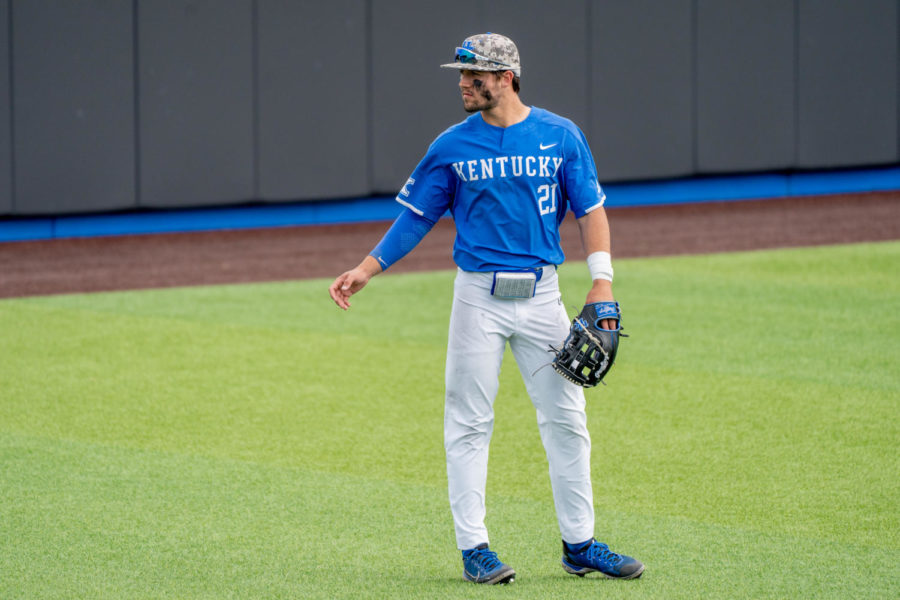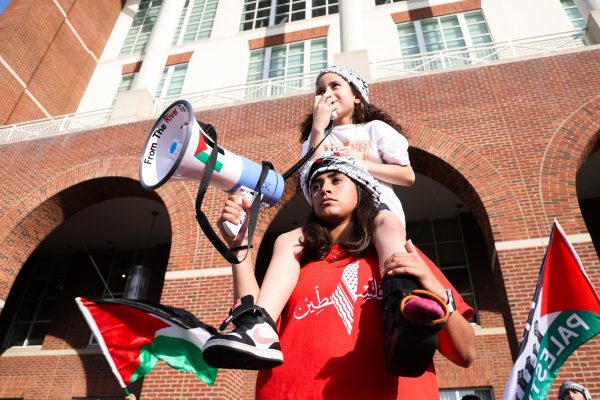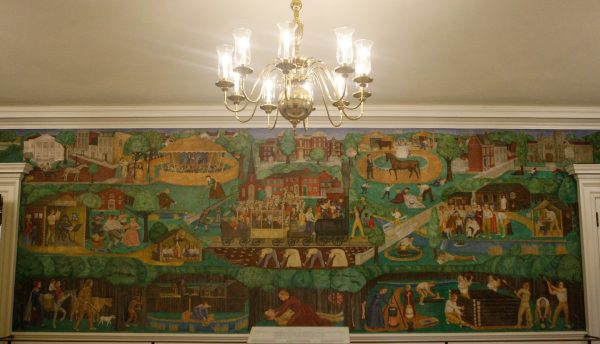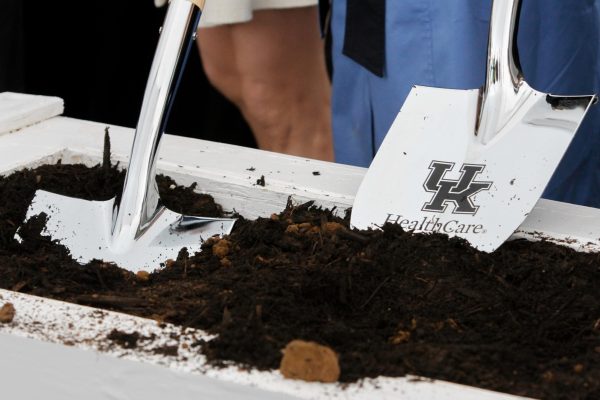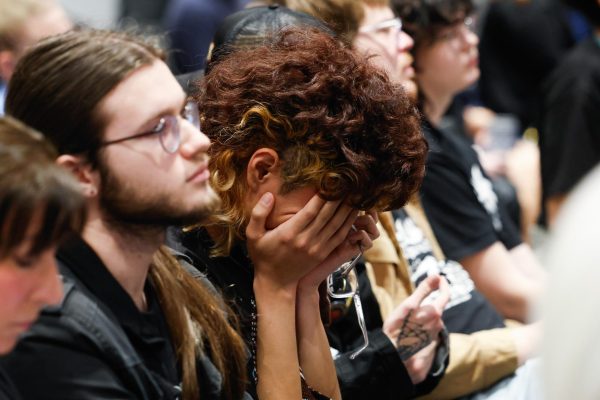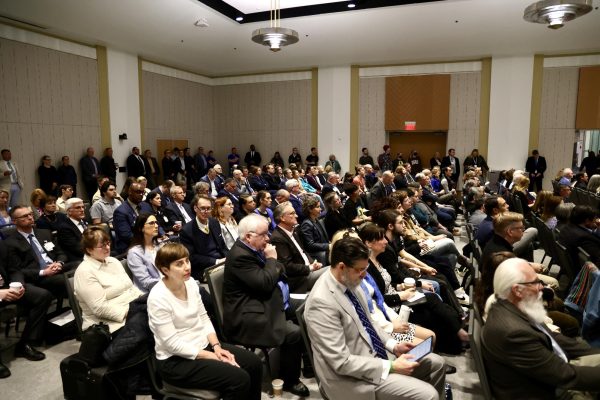Getting to know Iraq: Students discuss native land
April 28, 2011
In a Q-and-A session, UK journalism students sat down with four Iraqi students to gain a better understanding of Iraq. As a part of the Iraq Education Initiative, a program that aims to bring Iraqi students to study in the U.S., Hussein Mohammad Khaeim, a 25-year-old agricultural genetics student and engineering students Osamah (Mike) Mahmood, 24, Mohanad Alshroofy, 29, and Baban Mahood, 31, are the first to take part in the program at UK.
Where are you from in Iraq?
- : “I’m from Diwaniyah. It’s south of Baghdad about 100 miles. It’s about 500,000 people. The winter is really cold while the summers are very hot … in the middle and northern Iraq, the weather is different from the south. It’s snowy and very cold in the winter. In south Iraq it’s very hot.”
- (): “I am from a city called Samarra; once the capital of the Islamic world, it’s a really ancient place right on the Tigris river.”
- : He is from Karbala, which he said is in the middle of Iraq. “It is a beautiful city, not very, very big. Nearly one million people live there. Every year, 11 million people come to the city for Imam Hussein.”
- : He is from Kirkuk, which has a population of about 600,000 and is the capital of the Kurdistan region, he said. “Kirkuk is in the middle of Iraq, North of Baghdad, surrounded by cities including Erbil. The north part of Kirkuk is mostly mountains and the southern part has many little hills. Kirkuk is mostly Islam. Ethnicities within Kirkuk are Kurdish, Arabic and Turkmen.”
Explain your perception of the U.S. before living here compared to now.
- (): “America for me was all New York, Miami and Hollywood. When I first came here I found normal people, like us, who had normal lives, so I was shocked,” he adds, “Now I have adjusted to life here.”
- : “I was (initially) nervous about the studies. When I came here I thought it was very beautiful because of the farms and all of the horses. I love the new culture and now I can compare between my culture and the other cultures in Lexington.”
What does the war stand for in Iraq? What do the Iraqi people think about the whole situation and what changes have you seen over time?
- : “The war has changed our life for the better because when Saddam Hussein was in Iraq we didn’t have life, freedom— we didn’t have anything … we would just hear about war and people getting killed. Before, we didn’t have the Internet, cell phones, satellites. When Saddam was in office, there were just two TV channels. Right now, everything (internet, cell phones, satellites) is available.Khaeim also spoke about the feeling he experienced around him when US forces captured Saddam. “Almost all people were happy when Saddam got taken down but they couldn’t say that they were (happy) because if word had gotten out [that people were happy] they would have been killed.”
- (): he said in the beginning of the war, there was a general sense of ill feelings, but now he thinks everyone realizes progress has been made. “I think it’s really too soon to judge the whole situation. We have a fresh government … you don’t have to worry about if someone is going to arrest you or kill you … now I’m free, I can do whatever I want.”
- : “You used to not be able to travel; now you can travel. Before the war, I would not be able to come here and complete my education.”
- : “For most Iraqis, it was helpful. The last president was one of the most famous tyrants in the world, removing him was good for all Iraqis. For some parts of Iraq, security now is worse, but for others, it’s better. The income of the Iraqi people is now much better than before. Many more opportunities are available for getting jobs, careers. Technology is now more prevalent— in the past Iraqi’s didn’t have cell phones (or) satellite dishes, but now all of the modern technologies and modern automobiles are in Iraq. People possess assets that they couldn’t possess before the war.”
In five to 10 years from now, what is your vision of Iraq?
- : “It’s all about hope, I hope,” Mahmood said laughing at his play on words. “I hope we’ll have a really good government that’s going to deal with the whole… this religious fighting between Sunnis and Shi’ite.”
- : “Everything is changed. From 2003 to now, we have more development in education and everything in life. In 2010, about 500 students have come to the U.S. and the United Kingdom to complete their education. Iraq’s foreign relations have bettered and will continue to better. Also, the developments in building and technology in Internet, television and cell phones (are also progressing).”
- : “I expect there will be reconciliation among different groups and people of different ethnicities … I am optimistic about the future of Iraq especially when we go back to Iraq and make enormous changes, hopefully, if they let us.”


